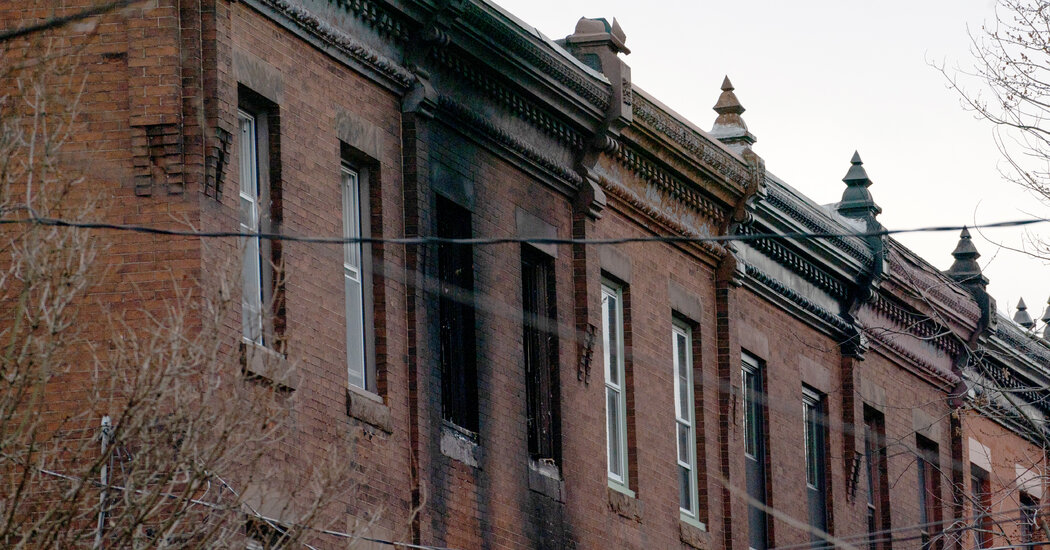“This is older housing in need of substantial rehabilitation,” said John Kromer, who was the city’s director of housing from 1992 to 2001 and briefly served as the interim chief of the housing authority. “Without enough funding to support a program like that, I think it’s inevitable that problems will occur.”
With such a squeeze on available housing, it is not easy to move from one apartment to a larger one, even as a family’s needs change. Shakia Miller, who lives in a three-bedroom unit at the West Park Apartments, which are owned and managed by the housing authority, applied for a bigger place when she was pregnant with twin boys. They are now 9 years old, yet the family, which includes Ms. Miller’s three older children, is still living in the same apartment.
“Emotionally, it puts a toll on everyone,” Ms. Miller said. “I don’t have any space of my own, my children don’t have any space of their own. It’s awkward, it’s very awkward, no one has any peace of mind.”
She has followed up with the housing authority numerous times over the years, she said, only to be told that she was on the list. She was not holding out much hope.
“I’m not going to say I threw the whole towel in, but it’s halfway in there,” Ms. Miller said. “Because I just notice as time goes on that they really don’t care. They really don’t care.”
Still, there are almost no other options for a low-income family, and those who have managed to find subsidized apartments are extremely reluctant to let them go — even if that means becoming desperately cramped as their families grow.
“Households do everything they can to remain housed,” said Vincent Reina, a professor of city and regional planning at the University of Pennsylvania. “They make dire trade-offs: trading off on food, health care and other basic needs.”





